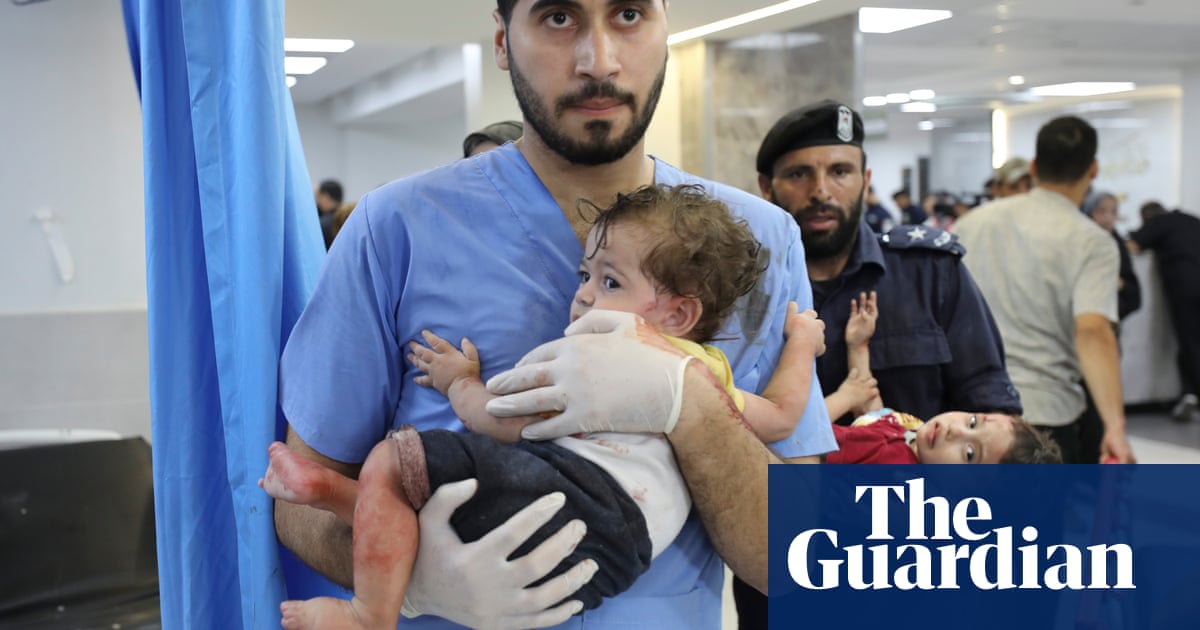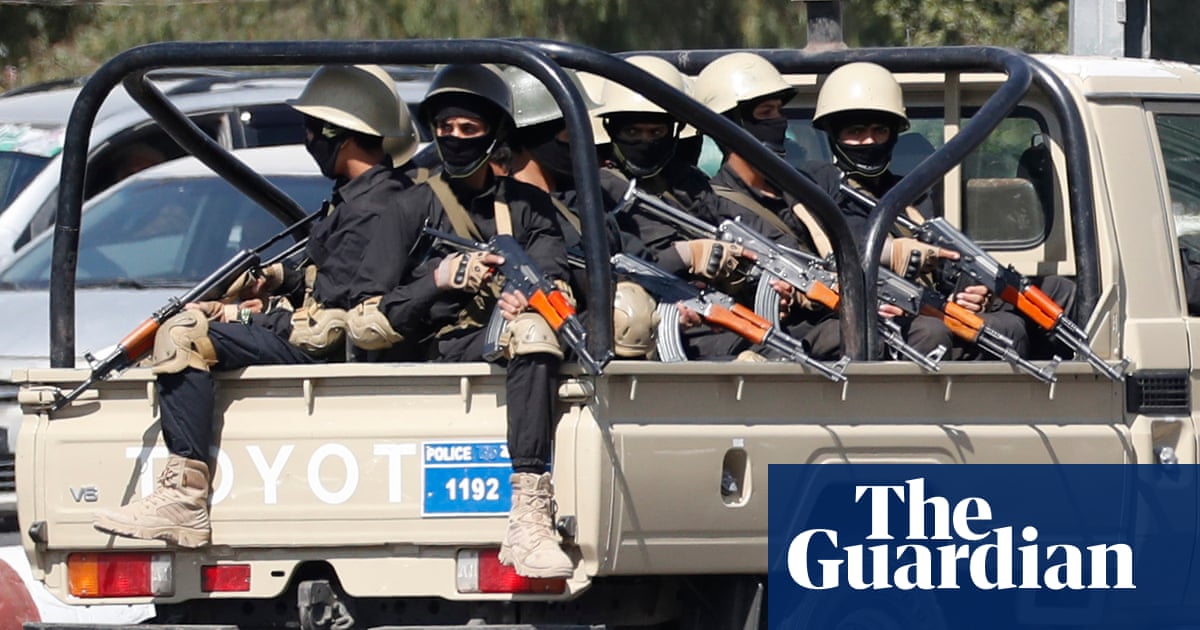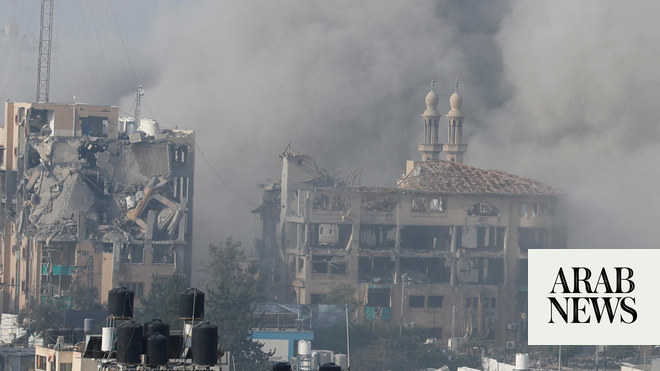
In the last month of her pregnancy, May al-Masri was preparing dinner when a rocket landed outside her home in northern Gaza, killing her one-year-old son, Yasser.
Masri had felt the explosion’s shockwave when the attack happened last month, but was largely unharmed. Running outside once the air had cleared, she found her husband severely wounded and her child’s body covered in blood.
With her husband in a West Bank hospital – and likely to be there for months to come – Masri gave birth to a healthy boy a few weeks later. However, the trauma of the attack, and the grief of her loss, have made it difficult for the 20-year-old to bond with or breastfeed her newborn baby.
May’s escalation of violence in the long-running Israel-Palestine conflict killed 256 Palestinians and 13 Israelis. Yasser was one of the 68 children killed in Gaza, according to the authorities there.
While crumbling buildings and signs of devastation can be seen throughout the small strip of land, it is the hidden impact of war, the trauma, that outweighs visible destruction.
“Trauma, stress and proximity to explosions have led to many miscarriages during the war, as well as a higher number of stillbirths,” says psychologist Helana Musleh, who works at northern Gaza’s al-Awda hospital where Masri delivered her baby.
“Abnormal situations such as war can create severe fear and depression that can affect both the mother’s and child’s health. Hormonal changes can even prevent women from being able to breastfeed their children,” says Musleh.
Scrolling through images on her phone, Masri pulls up one of her favourites of Yasser sitting on the floor with a wide smile on his face. Tears roll down her cheeks as she strokes her fingers over the screen, her baby, Ahmad, resting on her lap, tightly wrapped in a blanket. “I refuse to visit his grave,” she says. “I have deleted all the photos of the explosion’s destruction. I can’t look at it.”
Masri has moved in with her mother; her own house was too damaged to be habitable. She gave birth in a blur, without having contractions, without producing milk for Ahmad, who is named after one of Masri’s uncles, who was also killed.
“Once again, it is women and children who have been hardest hit by the latest escalation of violence in Gaza,” says Samah Kassab, a humanitarian programme officer at ActionAid who works with women such as Masri. “We hear about new mothers unable to breastfeed or bond with their babies, and about children who are bed-wetting and unable to speak to their friends and families because of fear and anxiety.”
During 11 days of furious fighting, from 10 to 21 May, 97 women gave birth at al-Awda hospital; 31 had caesarean sections. “Giving birth doesn’t stop during war, of course, but delivering under high stress can cause complications,” says hospital director Dr Ahmad Ismail Mohanna, adding that the number of women experiencing birth difficulties remained high.
Wissam Maher Mater, 25, has still not been able to see her baby, now almost two weeks old.
“During the war, a rocket hit right outside my house, smashing our windows and doors,” Mater says. She passed out. “From that moment on, I wasn’t able to calm down any more – even once the war had stopped. I wasn’t sure my baby would survive in my womb.”
After complications and a delivery by caesarean section, Mater’s child was rushed to the children’s hospital’s intensive care unit on the other side of the city as his lungs were not strong enough to allow him to breathe unaided. Mater continues to recover in hospital herself, miles away from her baby.
“I haven’t been able to see him or breastfeed him. I don’t even know my child,” she says. The only assurance of his wellbeing is a photo sent to her by the nurses taking care of him – an image Mater can barely take her eyes off.
Although there is a shaky ceasefire between Israel and Hamas, many of those being cared for at al-Awda hospital fear further escalations and violence, and worry for their children’s future safety.
“Even if I wanted to leave and provide my newborn son with a better future, there is no place to go,” Masri says.











